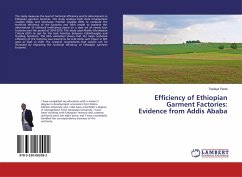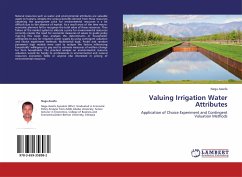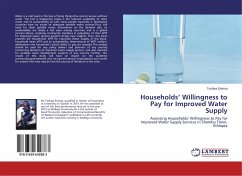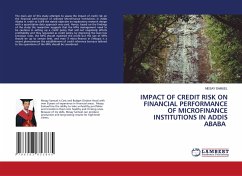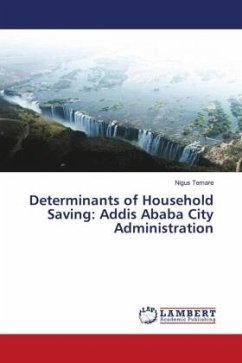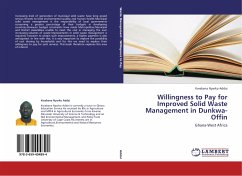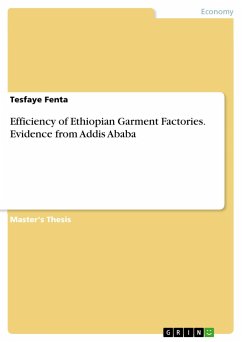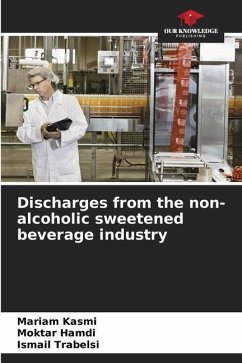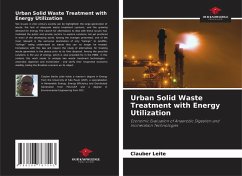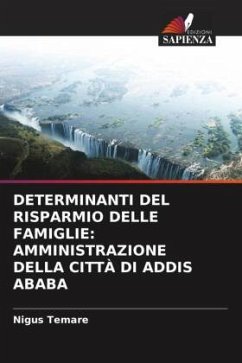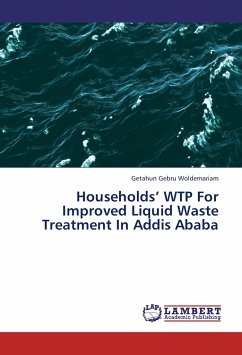
Households' WTP For Improved Liquid Waste Treatment In Addis Ababa
Versandkostenfrei!
Versandfertig in 6-10 Tagen
32,99 €
inkl. MwSt.

PAYBACK Punkte
16 °P sammeln!
The discharge of untreated effluent, solid wastes and waste water from industries, households and institutions are the main sources of water pollution in Addis Ababa. Therefore, the environment is highly polluted and river water is not suitable for agricultural and household consumption purposes. As a result, the negative impact on human health and ecosystem has been ultimately affecting the welfare of population in the city. Considering, these negative impacts and the huge quantity of domestic liquid waste to be dealt with in the future, advanced Sewage Treatment Plant (STP) should be support...
The discharge of untreated effluent, solid wastes and waste water from industries, households and institutions are the main sources of water pollution in Addis Ababa. Therefore, the environment is highly polluted and river water is not suitable for agricultural and household consumption purposes. As a result, the negative impact on human health and ecosystem has been ultimately affecting the welfare of population in the city. Considering, these negative impacts and the huge quantity of domestic liquid waste to be dealt with in the future, advanced Sewage Treatment Plant (STP) should be supported by economic and environmental perspectives.Hence, in order to see the demand side and affordability by users, people's preferences and WTP study for public services will have been crucial.This paper tried to estimate household's WTP for improved sewage treatment service in Addis Ababa. This study found most of sampled households WTP for the improved sewage system and additional oxidation pond STPs. But, additional payment of 26.74 ETB/month will't be sufficient to cover costs of upgrading technology and capacity of STPs. Therefore, large subsidy amount is expected from Government.



